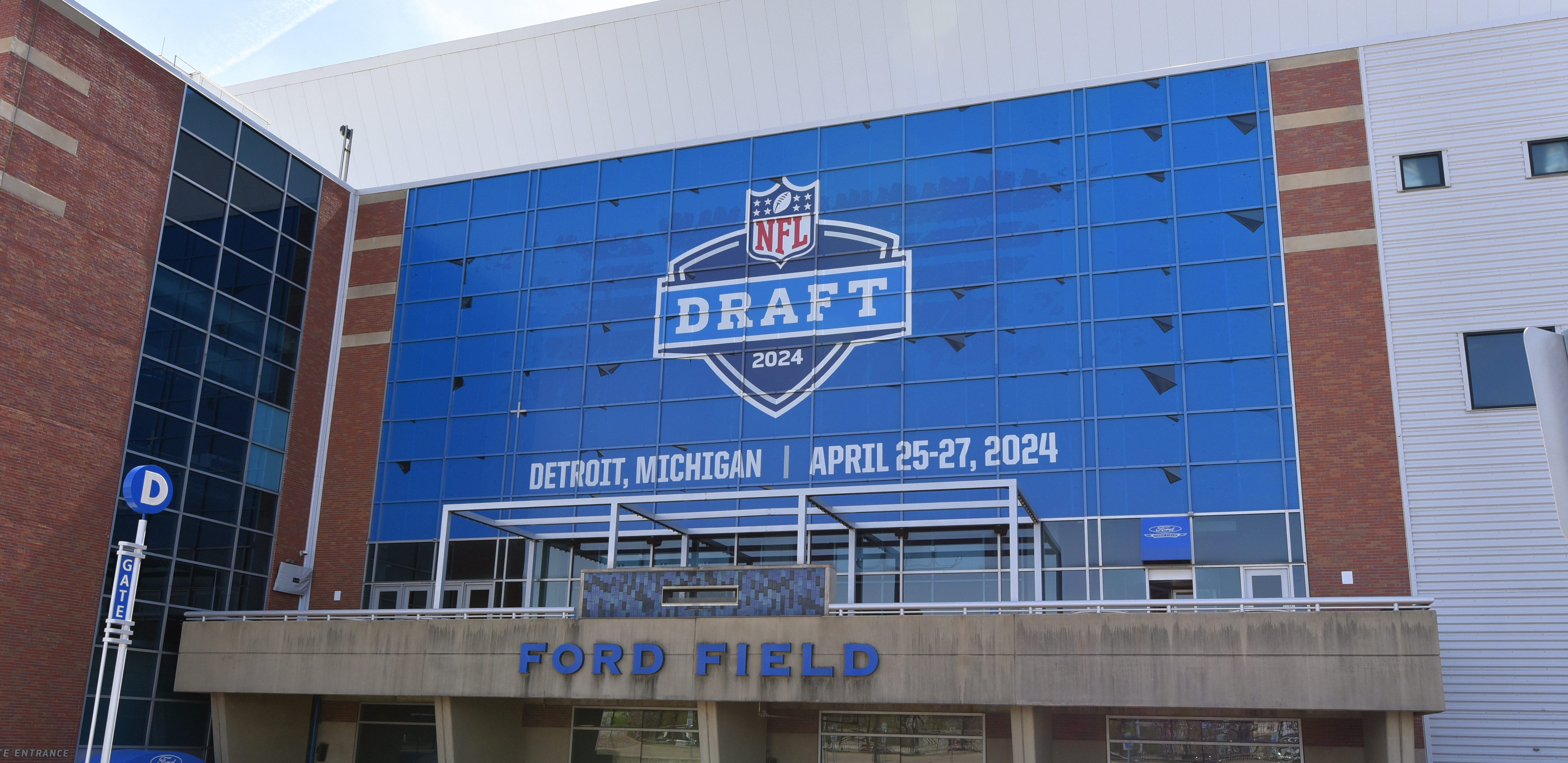Regardless of where the Bears play their future home games, at least team ownership is operating like a multi-billion franchise should.
For far too long, the Chicago Bears have clung to history and nostalgia to sell hope and tickets. If you haven’t noticed, it’s 2021 now. The Bears have won one championship in 56 years. They’ve won three playoff games in 26 years.
You have to be at least 40 years old to even have a tiny memory of Super Bowl XX. You probably need to be closer to 50 years old to appreciate it.
Stay in the game with the latest updates on your beloved Chicago sports teams! Sign up here for our All Access Daily newsletter.
For everyone else younger, there isn’t much nostalgia — just losing football and poor quarterback play.
Celebrating history is fine, but the Bears have been stuck in time for too long while the rest of the NFL advances. In many ways, their 2002 renovation of Soldier Field is the perfect example. Instead of finally owning/building their own stadium, they tried to blend the old with the new and smash a new stadium in a small, outdated footprint that had to be historically preserved at the same time.
The result? The league’s smallest stadium and continuous headaches with the landlord (the Chicago Park District).
A lot has changed since 2002, especially when it comes to stadiums. The NFL has figured out that owning multi-purpose stadiums is great for business, both for the individual owners and the league as a whole.
NFL
For the Bears, it's time to stop selling a distant past and start buying a brighter future.
That’s why Wednesday’s news that the Bears have secured a purchase agreement worth $197.2 million for Arlington International Racecourse in Arlington Heights is so significant. It’s a seismic and refreshing break from history. It’s an announcement that the Bears are ready to do NFL business the way it needs to be done in 2021 to stay competitive.
And by the way, that can be true even if the team eventually reverses course and stays in the city. But by purchasing the land, the Bears now own most — if not all — of the leverage with the City of Chicago. It’s fair to wonder how they’ll pay for a massive new stadium, but you don’t get this far down the road without a realistic plan. This move has been in motion for a long time and it is now far more likely the Bears will be playing their future home games in Arlington Heights than Chicago.
Mayor Lori Lightfoot now realizes this. After calling the team’s bid to buy Arlington Park “a negotiating tactic” back in June, her tune has changed dramatically. She voiced frustration on 670 The Score Wednesday morning that the team won’t negotiate with the city in “good faith.”
But what exactly do the Bears have to negotiate?
Chicago can’t offer the Bears what it wants or what it needs — a new stadium that maximizes their own value as a franchise. Unless Lightfoot can offer the McCaskey’s valuable land and a sweetheart deal to build something the city wouldn’t own, she doesn’t have much to bring to the table.
Frankly, it wouldn’t be smart for the city to offer those things. Lost in all of this is that Chicago will still benefit greatly from a new stadium in Arlington Heights. A Super Bowl will follow. The Final Four. Maybe a College Football Playoff National Championship Game. Probably bowl games. When all of those events happen, the majority of fans will still stay and visit Chicago. Almost all of the Super Bowl events other than the actual game will take place downtown.
So what exactly is Chicago losing? 10 Bears games a year? The city might actually gain more by the Bears moving to Arlington Heights.
To be fair to the Bears, this isn’t their first sizable investment into catching up with the rest of the NFL — but it certainly is their most significant. In recent years, they’ve turned Halas Hall into one of the better practice facilities in the league and moved training camp to Lake Forest to take advantage of the resources they have in their own building.
Now the next step is to take advantage of all the revenue resources made available by owning their own stadium. By purchasing Arlington Park, the Bears have virtually guaranteed a brighter future for the organization.


